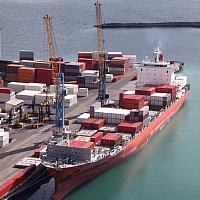(STRASBOURG) – MEPs and the EU Council have struck an informal deal on measures to strengthen the EU’s capacity to protect its producers against unfair trade practices such as dumping and subsidised imports.
For the first time worldwide, the EU’s trade defence legislation would take account of international labour and environmental standards,
The new anti-dumping methodology aims to detect and remedy cases where prices of imported products are artificially lowered due to state intervention. This is in accordance with a November 2016 European Commission proposal which runs in parallel with the broader revision of the EU’s trade defence instruments.
The upcoming changes will include:
- removing the former distinction between market and non-market economies when calculating dumping
- proving ”significant market distortions” between a product’s sale price and its production cost
- taking social and environmental standards into account when identifying dumping situations
Market distortions will be determined based on criteria such as state policies and influence, the widespread presence of state-owned enterprises, discrimination in favour of domestic companies and the lack of independence of the financial sector.
The new rules are formulated in a country-neutral way and in full compliance with the EU’s World Trade Organisation (WTO) obligations. They will apply only to cases initiated after the legislation enters into force.
The informal agreement will be put to a vote in the Parliament’s Trade Committee on 12 October and by the full house at the November plenary session in Strasbourg.



